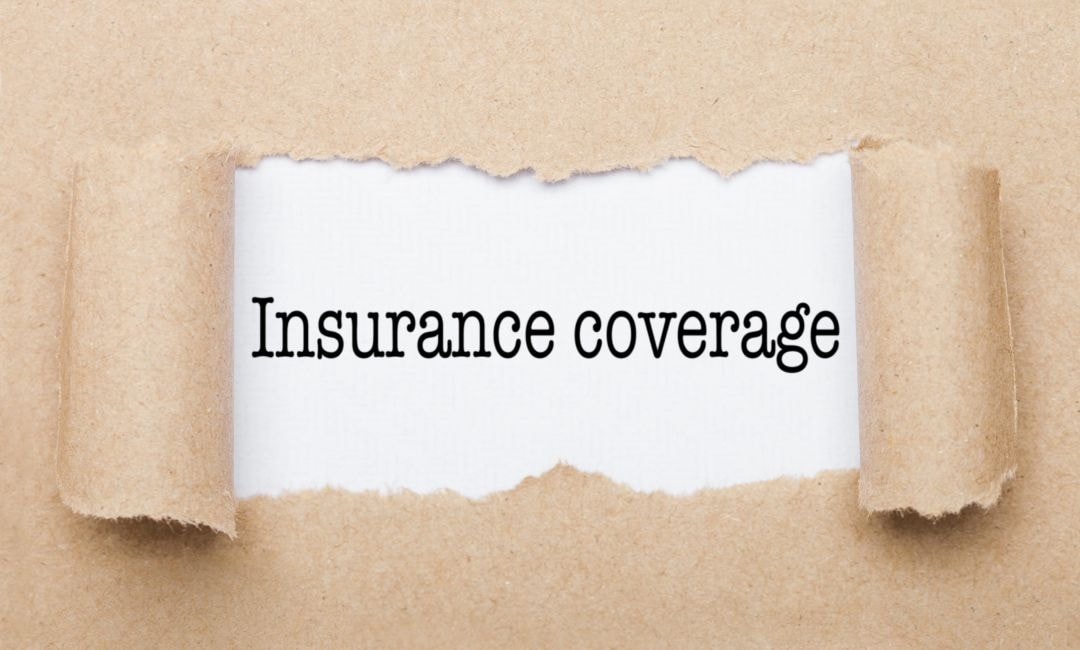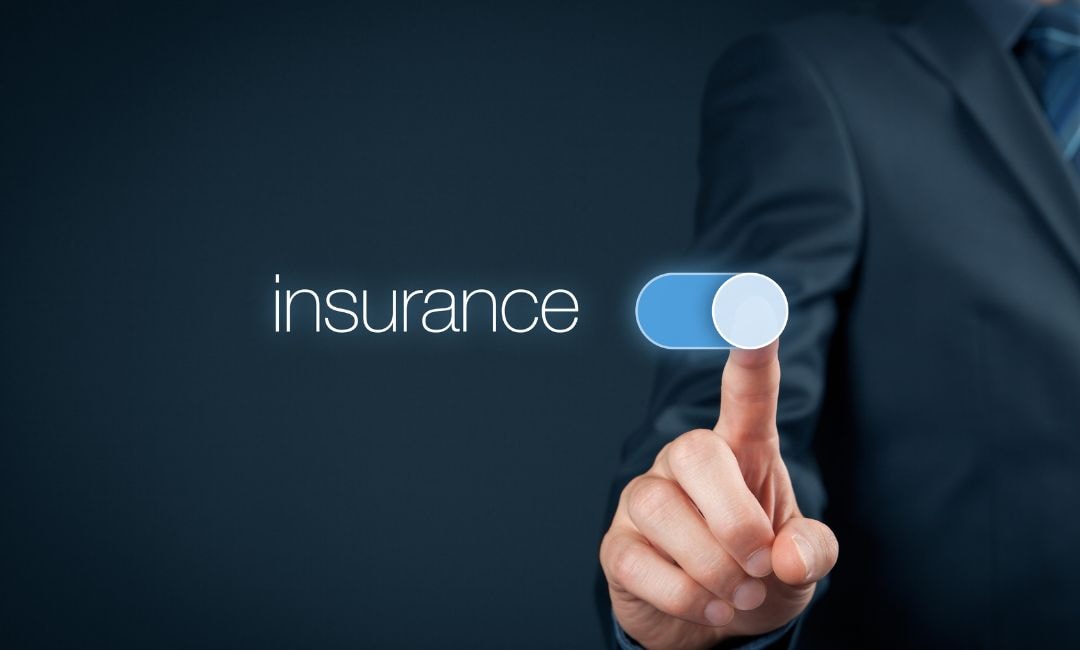Florida’s sun-kissed waters beckon boaters of all stripes, but before you set sail, let’s tackle a crucial question: how much will it cost to insure your precious vessel?
This guide thoroughly discusses the factors affecting boat insurance premiums in the Sunshine State, giving you the knowledge to secure the right coverage without breaking the bank.
- What factors affect boat insurance rates in Florida
- The types of boat insurance coverage available
- Whether boat insurance is required in Florida
- How to find affordable boat insurance
- The average cost of boat insurance in Florida
P.S. If you’re new to boat ownership, you might be surprised to learn about the new training captain requirement. Don’t sweat it, though. Premium Captains has you covered with experienced and professional captains to ensure you meet those insurance requirements and hit the water with confidence.
So, How Much Does Boat Insurance Actually Cost in Florida?
On average, boat insurance in Florida will set you back around $700 per year. But hold your horses, because that’s just the average. Your actual cost could be significantly higher or lower depending on a whole bunch of factors. Think of it like buying a car – a Ferrari’s insurance is going to be a tad pricier than a used Honda Civic, right?
To give you a better idea, boat insurance in “medium-cost” states averages around $344 annually, while those lucky ducks in “low-cost” states are looking at roughly $263. So, yeah, Florida’s on the higher end of the spectrum.
But before you start hyperventilating into a paper bag, remember that it’s essential that you know the facts. Once you understand what drives those boat insurance costs up or down, you can make informed decisions to get the best possible rate for your boat.
So, What Makes Boat Insurance in Florida Tick?
We’ve established that Florida’s boat insurance leans towards the pricier side, but why is that? And what specific factors could cause your premium to skyrocket or dip lower than a limbo champion? Buckle up because we’re about to break it all down.
The Boat Itself
First and foremost, your boat is the star of the show. Its size, type, age, and value all play a major role in determining your insurance cost. Here’s the lowdown:
- Boat Type: A sleek speedboat is likely to cost more to insure than a humble fishing boat. Why? Speedboats are often associated with higher speeds and riskier maneuvers.
- Boat Size: The bigger the boat, the bigger the potential damage – and the bigger the insurance bill. A 50-foot yacht will demand more coverage (and, thus, a higher premium) than a 16-foot skiff.
- Boat Age: Just like cars, boats depreciate over time. An older boat might be cheaper to insure, but keep in mind that repairs and replacements for vintage vessels can be tricky and expensive.
- Boat Value: This one’s pretty straightforward. The more your boat is worth, the more it’ll cost to insure. After all, the insurance company needs to be able to cover the cost of replacing or repairing it in case of a disaster.
Where You Boat and How You Store It
Next up, let’s talk location.
- Boating Location: Florida’s coastal location and year-round boating season contribute to higher insurance rates. You’re also more likely to encounter hurricanes and other severe weather events, which increases the risk of damage to your boat.
- Storage Location: Where you keep your boat when it’s not in use matters too. Storing it in a secure marina or a locked garage is generally viewed more favorably by insurance companies than leaving it on a trailer in your driveway.
Your Boating History and Experience
Believe it or not, your track record as a boater can significantly impact your insurance premiums.
- Boating Experience: Seasoned sailors with years of experience under their belt are typically seen as less risky than newbies. If you’re new to boating, consider taking a safety course to potentially snag a discount on your insurance.
- Driving Record: Surprisingly, your driving record can also come into play. A clean driving history suggests responsible behavior, which could translate to lower boat insurance rates.
- Previous Claims: If you’ve filed boat insurance claims in the past, expect your premiums to be higher. Insurance companies see this as an indication of increased risk.
The Coverage You Choose
Finally, the type and extent of coverage you select will obviously influence your premium.
- Liability Coverage: This covers bodily injury and property damage you might cause to others while operating your boat.
- Collision Coverage: This covers damage to your boat in case of a collision with another vessel or object.
- Comprehensive Coverage: This covers a wide range of perils, including theft, vandalism, fire, and natural disasters.
- Uninsured/Underinsured Boater Coverage: This protects you if you’re involved in an accident with a boater who doesn’t have enough (or any) insurance.
The more coverage you opt for, the higher your premium will be. But remember, it’s always better to be safe than sorry.
Types of Boat Insurance Coverage

Boat insurance isn’t just a one-size-fits-all deal. There’s a whole buffet of coverage options, each designed to protect you and your vessel in different scenarios. Let’s explore the main types:
Liability Coverage
Picture this: you’re cruising along, enjoying the Florida sunshine, when suddenly, BAM – you accidentally collide with another boat. Liability coverage is your safety net in such situations. It covers:
- Bodily Injury: Medical expenses and other costs if you injure someone else while operating your boat
- Property Damage: The cost of repairing or replacing someone else’s property that you damage with your boat
In Florida, having at least $100,000 in bodily injury liability coverage and $50,000 in property damage liability coverage is mandatory.
Collision Coverage
Even the most seasoned captains can have an off day. Collision coverage steps in when you accidentally hit another boat, a dock, or even a submerged object. It helps cover the cost of repairs to your own boat.
Comprehensive Coverage
Comprehensive coverage is like the ultimate umbrella boat insurance policy. It protects against a wide array of perils, including:
- Theft
- Vandalism
- Fire
- Storms (including hurricanes – a biggie in Florida)
- Other non-collision events
Uninsured/Underinsured Boater Coverage
Sadly, not everyone on the water is as responsible as you. Uninsured/underinsured boater coverage protects you if you’re involved in an accident with someone who doesn’t have enough (or any) auto insurance.
Medical Payments Coverage
Accidents happen, and medical coverage helps cover medical expenses for you and your passengers, regardless of who’s at fault.
Additional Coverages
Beyond the basics, you can also consider adding these optional coverages to your policy:
- Towing and Assistance: If your boat breaks down or gets stranded, this coverage can save the day by covering the cost of towing and roadside assistance.
- Personal Effects Coverage: Protect your personal belongings on board, like fishing gear, electronics, and clothing.
- Salvage Coverage: If your boat sinks or gets severely damaged, this coverage helps cover the cost of removing it from the water.
Choosing the right combination of coverage can be tricky, but don’t worry – we’ll help you navigate those choppy waters in the next section.
Is Boat Insurance Actually Required in Florida?
Here’s where things get a little tricky. Technically, Florida law doesn’t force you to have boat insurance. Unlike car insurance, there’s no state mandate saying you absolutely must have it. But before you do a victory dance, let’s dig a little deeper.
When Insurance Is a Must
While Florida might not legally require boat insurance across the board, there are certain situations where you won’t be able to escape it:
- Financing Your Boat: If you’re taking out a loan to buy your boat, the lender will almost certainly require you to have insurance. They want to protect their investment, after all.
- Docking at a Marina: Many marinas in Florida make liability insurance a condition for docking your boat. They want to make sure they’re covered if any accidents happen on their property.
- New Boat Owners: And here’s the big one we mentioned earlier. If you’re buying a new boat and haven’t owned a similar one before, many insurance companies now require you to have a training captain on board for a certain period. It’s all about reducing risk and ensuring you know how to handle your vessel safely.
Why You Should Consider It Anyway
Even if you’re not legally required to have boat insurance, it’s still a smart move. Think about it:
- Accidents Happen: Even the most experienced boaters can make mistakes. Without insurance, you could be on the hook for hefty repair bills or, even worse, medical expenses if someone gets injured.
- Florida Weather: Hurricanes, tropical storms, and sudden squalls are a part of life in Florida. Boat insurance can protect your investment from Mother Nature’s wrath.
- Theft and Vandalism: Unfortunately, boats are attractive targets for thieves and vandals. Boat insurance cover theft that can help you recover from such losses.
- Peace of Mind: Knowing you’re covered can let you relax and enjoy your time on the water without constantly worrying about what could go wrong.
So, while boat insurance might not be legally required in Florida (in most cases), it’s definitely something you should seriously consider. It’s a small price to pay for protecting your boat, your finances, and your peace of mind.
Need help navigating the new training captain requirement? Premium Captains has a fleet of experienced professionals ready to guide you. Think of it as an investment in your safety and your insurance eligibility.
Finding Affordable Boat Insurance: Tips and Tricks

Boat insurance might seem like a hefty expense, but don’t despair. There are savvy strategies to find a policy that fits your budget without sacrificing essential coverage.
Shop Around: Don’t settle for the first quote you receive. Get quotes from several different insurance companies to compare rates and coverage options. It’s like window shopping for the best deal on a new pair of shoes – you want to make sure you’re getting the most bang for your buck.
Ask About Discounts: Many boat insurance companies offer discounts that can help lower your premiums. Some common discounts include:
- Safety course discount: Completing a boating safety course demonstrates your commitment to responsible boating and could earn you a discount. Premium Captains offers courses that might qualify you for this discount.
- Clean driving record discount: A clean driving record can sometimes translate to lower boat insurance rates.
- Lay-up discount: If you store your boat for an extended period during the off-season, you might be eligible for a lay-up discount.
- Safety equipment discount: Installing safety features like fire extinguishers, alarms, and GPS tracking systems could also lead to discounts.
- Multi-policy discount: If you bundle your boat insurance with your car or home insurance, you might qualify for a discount.
Increase Your Deductible: Your deductible is the amount you pay out of pocket before your insurance kicks in. Increasing your deductible can lower your premium, but make sure you can afford to pay the higher deductible if you do have a claim.
Consider a “Named Storm” Deductible: Florida is hurricane country, and many boat insurance policies offer a separate, higher deductible specifically for named storms. This can help lower your overall premium, but again, make sure you can afford the higher deductible if a hurricane hits.
Maintain a Good Credit Score: Your credit score can surprisingly impact your insurance rates. Maintaining a good credit score can help you qualify for lower premiums.
Review Your Policy Annually: Your boating needs and circumstances can change over time, so it’s important to review your policy annually to make sure you have the right actual cash value coverage at the best possible price.
Be a Safe and Responsible Boater: The best way to keep your insurance costs down is to avoid accidents and claims. Practice safe boating habits, follow all navigation rules, and always be aware of your surroundings.
By following these tips, you can navigate the Florida boat insurance cost with confidence and find a policy that provides the protection you need at a price you can afford.
FAQs
How much is insurance on a $100k boat?
For a boat valued at $100,000, you can expect to pay around 1-5% of its value annually for insurance. That translates to roughly $1,000 to $5,000 per year. Of course, this is just an estimate, and your actual premium could vary depending on the factors we discussed earlier.
Is it mandatory to have boat insurance in Florida?
Technically, Florida law doesn’t require boat insurance in most cases. However, there are exceptions. If you’re financing your boat, docking it at a marina, or are a new boat owner, you’ll likely need insurance. It’s always wise to check with your lender or marina to confirm their specific requirements.
Can you get hurricane insurance on a boat in Florida?
Absolutely. Given Florida’s hurricane-prone climate, most boat insurance policies offer coverage for hurricane damage. However, it’s crucial to understand the specifics of your policy, including any hurricane deductibles or exclusions.
Does Florida require boat insurance?
No, Florida doesn’t have a statewide mandate for boat insurance. However, as we’ve discussed, there are certain situations where insurance is necessary. Plus, it’s always a good idea to have coverage for peace of mind and financial protection.
Why is boat insurance so expensive in Florida?
Several factors contribute to higher boat insurance rates in Florida:
- High Risk of Hurricanes and Storms: Florida’s coastal location and susceptibility to hurricanes increase the risk of damage to boats, leading to higher premiums.
- Year-Round Boating Season: The warm climate and year-round boating season mean boats are in the water more often, increasing the potential for accidents and claims.
- High Boat Density: Florida has a large boating population, which can lead to more accidents and congestion on the waterways, further driving up insurance costs.
- Theft and Vandalism: Unfortunately, boats are attractive targets for thieves and vandals, especially in touristy areas. This increased risk is reflected in insurance premiums.
Smooth Sailing Ahead: Wrapping Up
So, that’s the ins and outs of boat insurance in Florida. It might seem like a lot to take in but remember; knowledge is your best compass when navigating these waters. With the right information and a bit of savvy shopping, you can find the perfect policy to protect your boat and your peace of mind.
Key takeaways
- Boat insurance in Florida is influenced by various factors, including the boat itself, location and storage, boating experience, and coverage you choose.
- While not always legally required, boat insurance is highly recommended for financial protection and peace of mind.
- You can find affordable boat insurance by shopping around, asking about discounts, increasing your deductible, and maintaining a good credit score.
- The insurance landscape is evolving, with new requirements like mandatory training captains for certain boat owners.
New Boat, New Rules? We’ve Got Your Back
If you’re a first-time boat owner in Florida, don’t let the new insurance requirements throw you off course. Premium Captains is here to help you meet those training captain mandates and set sail with confidence. Our experienced captains will ensure you have the skills and knowledge to navigate safely and responsibly, protecting both your investment and your insurance coverage.

